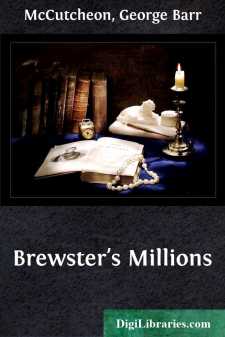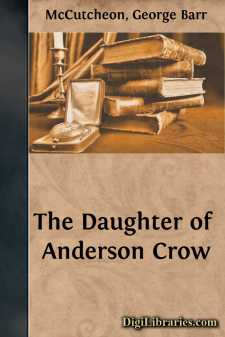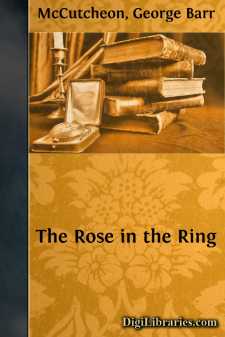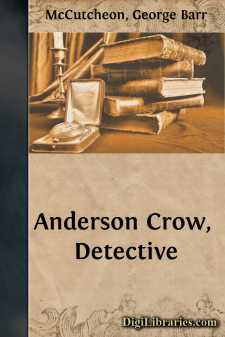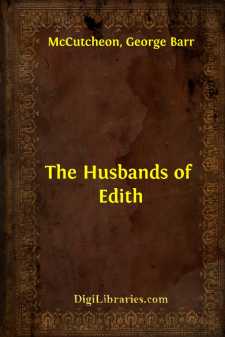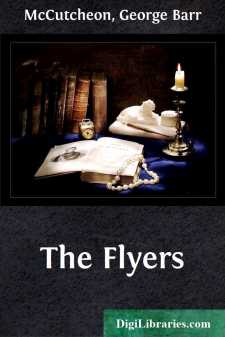Categories
- Antiques & Collectibles 13
- Architecture 36
- Art 48
- Bibles 22
- Biography & Autobiography 813
- Body, Mind & Spirit 142
- Business & Economics 28
- Children's Books 16
- Children's Fiction 13
- Computers 4
- Cooking 94
- Crafts & Hobbies 4
- Drama 346
- Education 46
- Family & Relationships 57
- Fiction 11829
- Games 19
- Gardening 17
- Health & Fitness 34
- History 1377
- House & Home 1
- Humor 147
- Juvenile Fiction 1873
- Juvenile Nonfiction 202
- Language Arts & Disciplines 88
- Law 16
- Literary Collections 686
- Literary Criticism 179
- Mathematics 13
- Medical 41
- Music 40
- Nature 179
- Non-Classifiable 1768
- Performing Arts 7
- Periodicals 1453
- Philosophy 64
- Photography 2
- Poetry 896
- Political Science 203
- Psychology 42
- Reference 154
- Religion 513
- Science 126
- Self-Help 84
- Social Science 81
- Sports & Recreation 34
- Study Aids 3
- Technology & Engineering 59
- Transportation 23
- Travel 463
- True Crime 29
Brewster's Millions
Description:
Excerpt
CHAPTER I
"The Little Sons of the Rich" were gathered about the long table in Pettingill's studio. There were nine of them present, besides Brewster. They were all young, more or less enterprising, hopeful, and reasonably sure of better things to come. Most of them bore names that meant something in the story of New York. Indeed, one of them had remarked, "A man is known by the street that's named after him," and as he was a new member, they called him "Subway."
The most popular man in the company was young "Monty" Brewster. He was tall and straight and smooth-shaven. People called him "clean-looking." Older women were interested in him because his father and mother had made a romantic runaway match, which was the talk of the town in the seventies, and had never been forgiven. Worldly women were interested in him because he was the only grandson of Edwin Peter Brewster, who was many times a millionaire, and Monty was fairly certain to be his heir—barring an absent-minded gift to charity. Younger women were interested for a much more obvious and simple reason: they liked him. Men also took to Monty because he was a good sportsman, a man among men, because he had a decent respect for himself and no great aversion to work.
His father and mother had both died while he was still a child, and, as if to make up for his long relentlessness, the grandfather had taken the boy to his own house and had cared for him with what he called affection. After college and some months on the continent, however, Monty had preferred to be independent. Old Mr. Brewster had found him a place in the bank, but beyond this and occasional dinners, Monty asked for and received no favors. It was a question of work, and hard work, and small pay. He lived on his salary because he had to, but he did not resent his grandfather's attitude. He was better satisfied to spend his "weakly salary," as he called it, in his own way than to earn more by dining seven nights a week with an old man who had forgotten he was ever young. It was less wearing, he said.
Among the "Little Sons of the Rich," birthdays were always occasions for feasting. The table was covered with dishes sent up from the French restaurant in the basement. The chairs were pushed back, cigarettes were lighted, men had their knees crossed. Then Pettingill got up.
"Gentlemen," he began, "we are here to celebrate the twenty-fifth birthday of Mr. Montgomery Brewster. I ask you all to join me in drinking to his long life and happiness."
"No heel taps!" some one shouted. "Brewster! Brewster!" all called at once.
"For he's a jolly good fellow,
For he's a jolly good fellow!"
The sudden ringing of an electric bell cut off this flow of sentiment, and so unusual was the interruption that the ten members straightened up as if jerked into position by a string.
"The police!" some one suggested. All faces were turned toward the door. A waiter stood there, uncertain whether to turn the knob or push the bolt.
"Damned nuisance!" said Richard Van Winkle....


